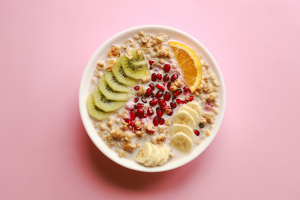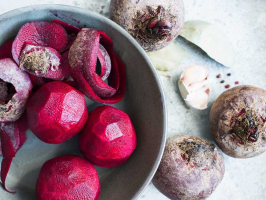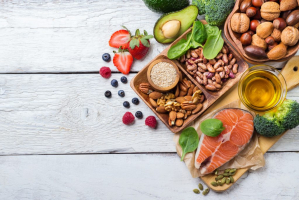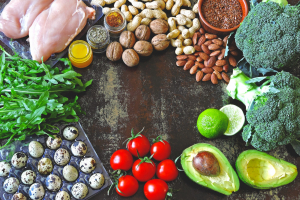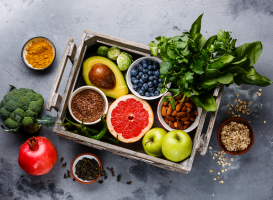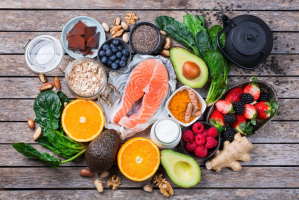Top 10 Foods to Boost Your Immune System
Strengthening the immune system will help the body fight off pathogens such as bacteria, viruses, etc., especially during the current COVID-19 pandemic. Let's ... read more...find out the Top 10 Foods to Boost Your Immune System below!
-
According to the recommendations of the World Health Organization, each person should eat vegetables from 400-600g/day/adult. Green leafy veggies are a good source of vitamins, minerals, and fiber. Vitamins and minerals play a very important role in the body's resistance and immunity. If not provided enough, it will reduce resistance and immunity against viruses and bacteria that cause disease. Vitamins and minerals that help improve resistance and immunity include vitamin A, vitamin C, vitamin D, vitamin E and minerals such as iron, zinc, selenium, etc.
Especially, Broccoli is a source of vitamins and minerals for the body to build a healthy immune system. It's a good source of vitamins A, C, and E, as well as fiber and other antioxidants. Broccoli is one of the healthiest vegetables you can put on your table.
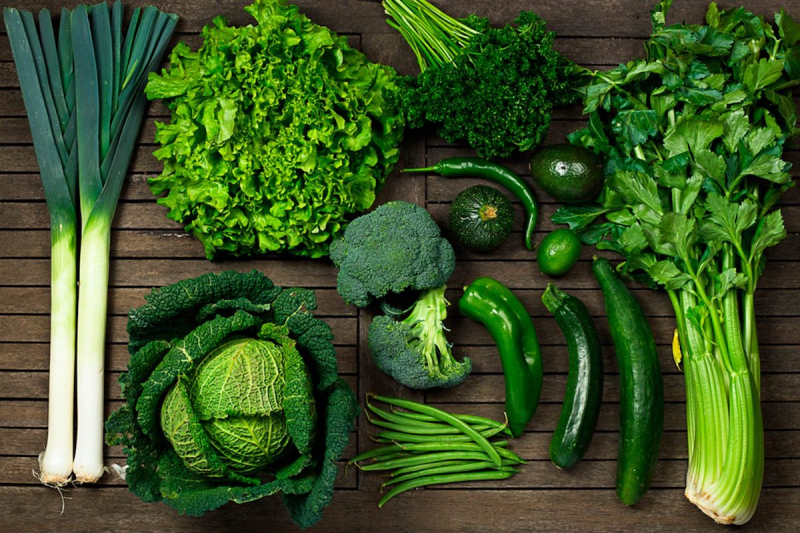
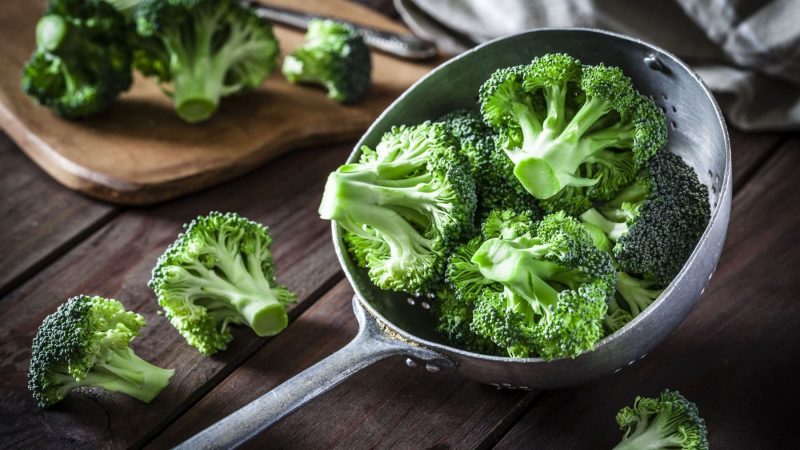
-
When it comes to fruit vitamin C, you will definitely think of citrus fruits or kiwi, but there is a fruit that few people know they are an equally great source of vitamin C, which is acerola cherries. According to USDA research, acerola cherries are the highest concentrated natural source of vitamin C available. The natural antioxidant polyphenols found in acerola cherries, as well as other berries and fruits, may help to boost immune function.
Researchers believe that acerola is one of the richest sources of vitamin C for us, providing about 50–100 times more than oranges or lemons. According to a research report, acerola contains many antioxidants including polyphenols and bioflavonoids that have been linked to the prevention of cancer and a number of other diseases such as heart disease, gastrointestinal disease, neurodegenerative disorders, and vision-related problems. Additionally, anthocyanins found in acerola have been shown to have anti-inflammatory effects, which means they can help reduce painful, chronic conditions like arthritis.
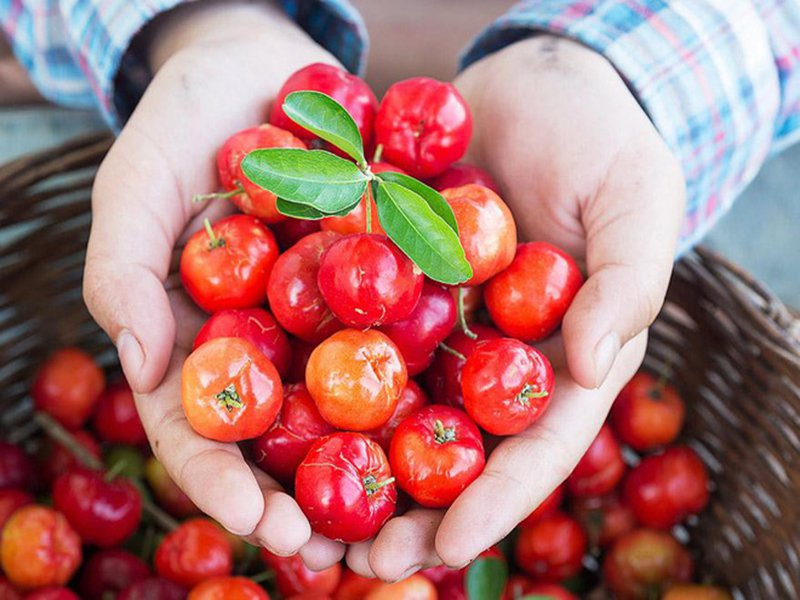
Acerola Cherries 
Acerola Cherries -
The majority of people are unaware that their gut health has a significant impact on their immune response. Your digestive system's immune cells are the first line of defense against germs that enter through your food and drink. In addition to battling against intruders, the balance of beneficial and bad bacteria in your gut plays an important role
Science has also shown that certain foods high in fiber can strongly influence gut bacteria. Typically are fruit, vegetables, and whole grains help increase the diversity of the intestinal microflora. The common point of these foods is that they all contain Polyphenols, a natural antioxidant compound. You can also directly increase the number of beneficial bacteria (probiotics) through foods, typically fermented foods such as yogurt, kimchi, pickled cucumbers, even beer because they are all rich in strains of Lactobacillus and Bifidobacteria.

Fiber for a healthy microbiome 
Fiber for a healthy microbiome -
People often choose fruits and vegetables for their vitamins and minerals, but the nutritional content of the liver is far superior. A small amount of liver is not only rich in high-quality protein and low in calories but also provides full of the essential nutrients for daily life.
The list of nutrients in the liver is considered as the best immune-boosting supplement ingredients. The liver is a natural multivitamin, as it contains all needed minerals and all vitamins except vitamin C. If you're not a fan of liver, try slipping it into other dishes or seasoning it with barbecue sauce, marinade, or spicy sauce. Even though the liver is extremely healthy and nutritious, it should not be ingested on a regular basis. It is sufficient to consume it once a week.

Liver 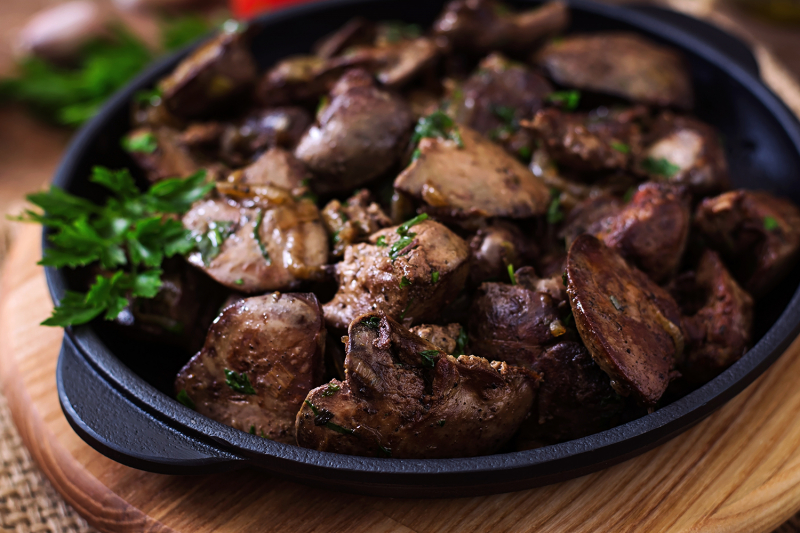
Liver -
Oysters are a rich source of minerals, especially zinc - a great micronutrient for boosting the immune system. Zinc contains several antiviral components, which are essential for fighting invading diseases.
In fact, oysters are low in calories but packed with nutrients, including healthy fats, vitamins, protein and minerals. It is estimated that a 100-gram serving of oysters will provide more than 100% of the RDI for zinc, copper and vitamin B12, and more than 75% of the RDI for selenium and vitamin D. This seafood is also an excellent source of protein and omega-3 fatty acids. According to experts, eating a lot of oysters also helps strengthen the immune system and reduce the risk of diabetes. The anti-inflammatory and antioxidant properties of oysters also protect against free radicals that do harm the body.
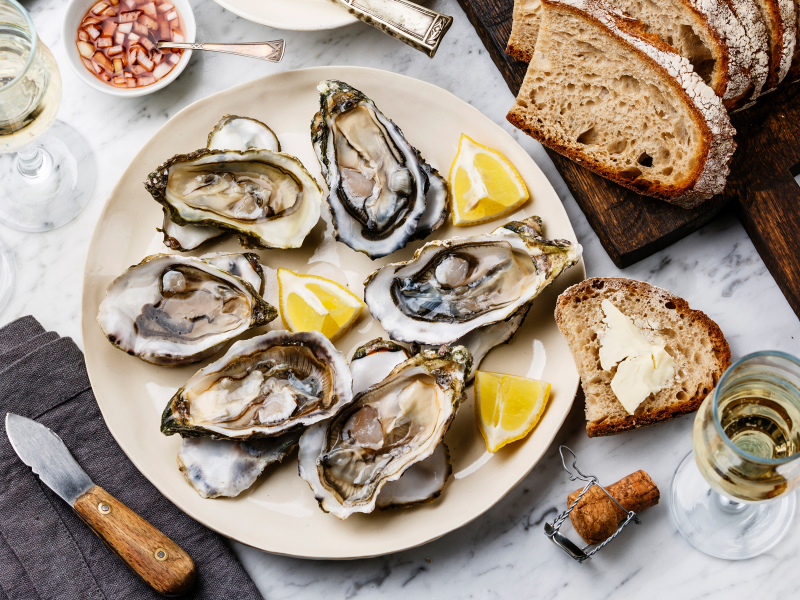
Oysters 
Oysters -
When it comes to the effect of increasing the body's resistance, vitamin C is the name that first comes to mind. However, recent studies show that vitamin D has an important effect in strengthening the immune system, especially infections.
Vitamin D is an essential nutrient for the functioning of the immune system. It plays an important role in promoting the immune response by enhancing the function of T cells and macrophages to protect your body from pathogens. Besides, it also has anti-inflammatory, immunomodulatory properties and the ability to activate the immune system's defenses. The most concentrated dietary source of vitamin D is fish liver oil, which is also known for its omega-3 fatty acid concentration. The other significant sources are fish, mushrooms, fortified milk, and orange juice.
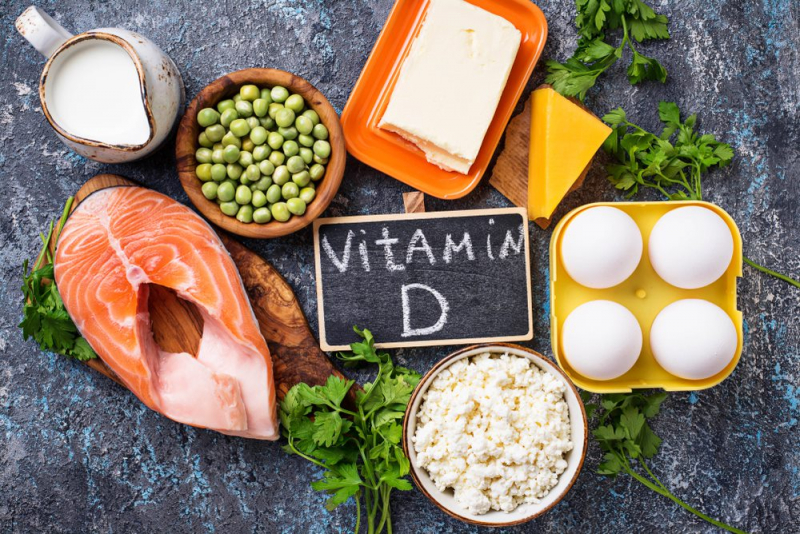
Vitamin D 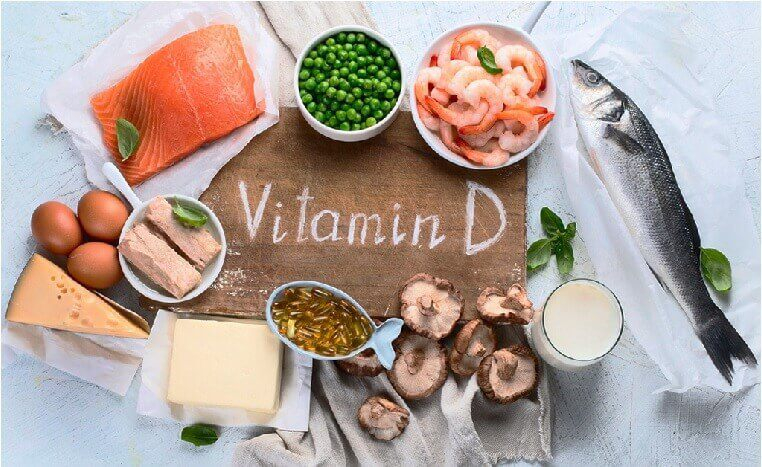
Vitamin D -
The impact of dietary Omega-3s on the immune system has been studied for decades, especially the role of DHA and EPA. Omega-3 fatty acids are well-known anti-inflammatory nutrients. Research published in the Journal of Pediatrics found that supplementing one teaspoon of cod liver oil reduced the frequency and severity of colds in children.
Omega-3 fatty acids can be found in fish oil, seafood (especially sardines, salmon, and low-mercury tuna), or a vegan omega-3 supplement. Fish liver oil is also the finest source of vitamin D in the diet. Or flax and chia seeds, which are high in omega-3 fatty acids. These nuts are rich in iron, magnesium, and fiber that help you fight high cholesterol and protect you from harmful free radicals produced during metabolism.
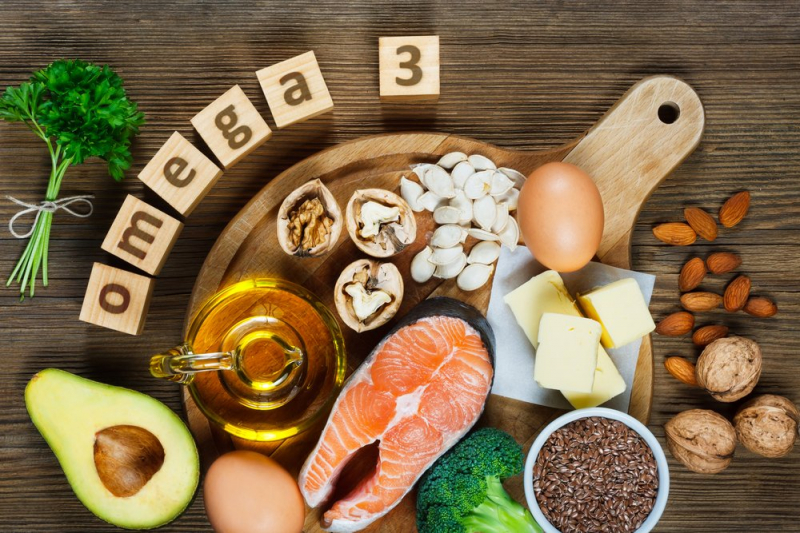
Omega-3s 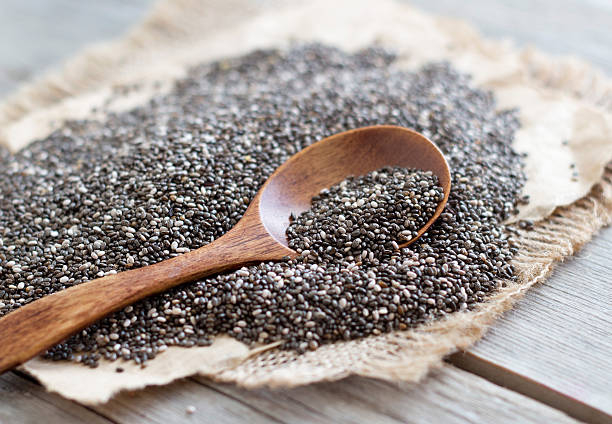
Omega-3s -
Elderberries contain chemical compounds called anthocyanins, which have immune-boosting properties. Therefore, eating elderberries is a safe and effective treatment for reducing cold symptoms. Elderberries contain flavonoids and other polyphenols, which act as antioxidants, helping to inhibit, delay or reverse cancer formation. So they have the ability to effectively fight cancer.
Similar fruits as Aronia berries, cranberries, goji berries, acai berries, and tart cherries are all high in catechins and anthocyanins, which may help increase your immune response to infections.
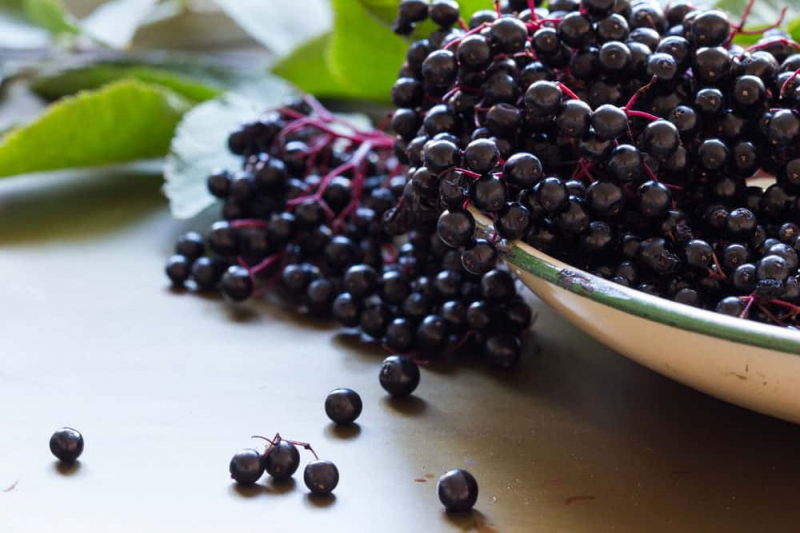
Elderberry 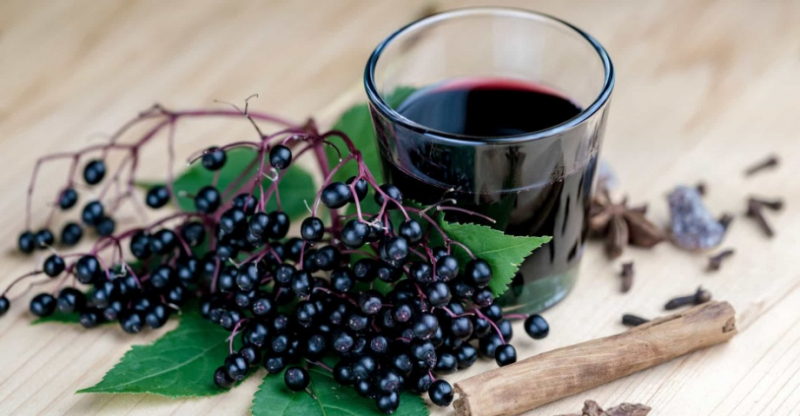
Elderberry -
Ginseng can help prevent cancer, bacterial and viral infections, and autoimmune illnesses by strengthening immunity. Ginseng contains ginsenosides and polysaccharides, which are essential components with immune-boosting characteristics. It also has many natural components including Saponin Triterpenoid Tetracyclic, Dammaran group and has more than 25 different Saponins.
You can use ginseng tea to replace daily drinking water to help reduce stress, fatigue, headaches, pressure, improve memory,... and more especially, strengthen the body's immune system. On the current market, there are also many ginseng drinking products to substitute if you cannot make your own tea.
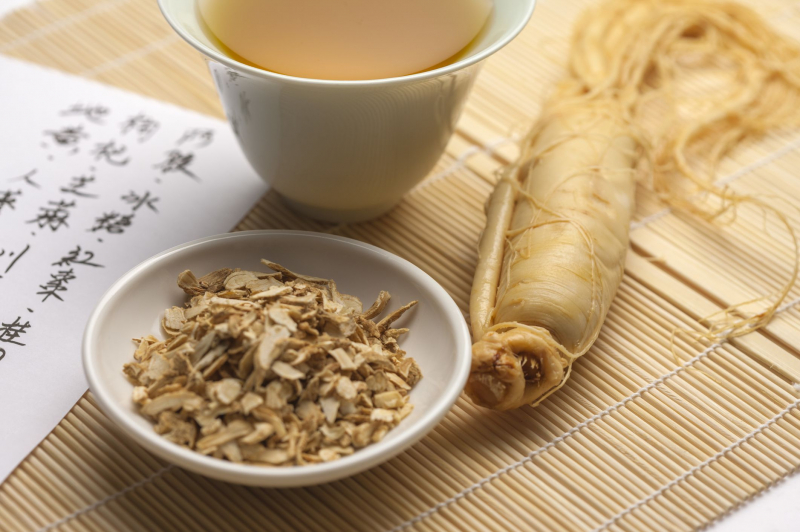
Ginseng 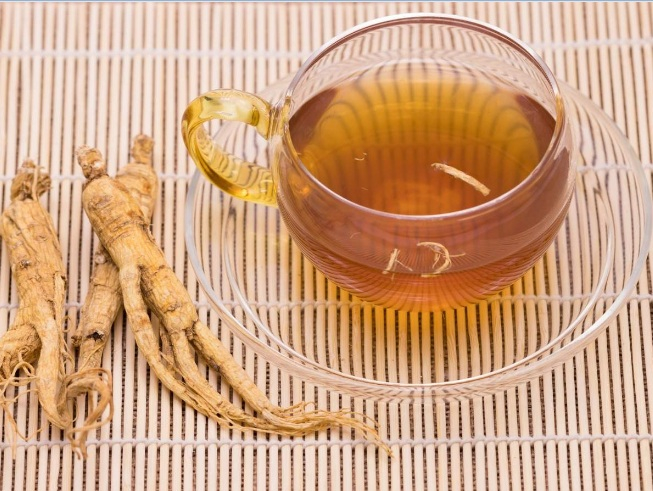
Ginseng -
Maybe you don't know that garlic is the most effective food for boosting your immune system. When pounding, crushing or chewing garlic release allicin. This substance has antioxidant properties that can help protect the body's cells and produce more white blood cells.
Clinical studies demonstrate that taking the equivalent of a couple of crushed garlic cloves every day for three months can lower the intensity of cold and flu symptoms by more than half. According to the experts, when eaten raw, garlic helps fight common colds, coughs and infections. Garlic also has many ways to prepare and it is not only a delicious flavor for dishes but also a wonderful medicine.
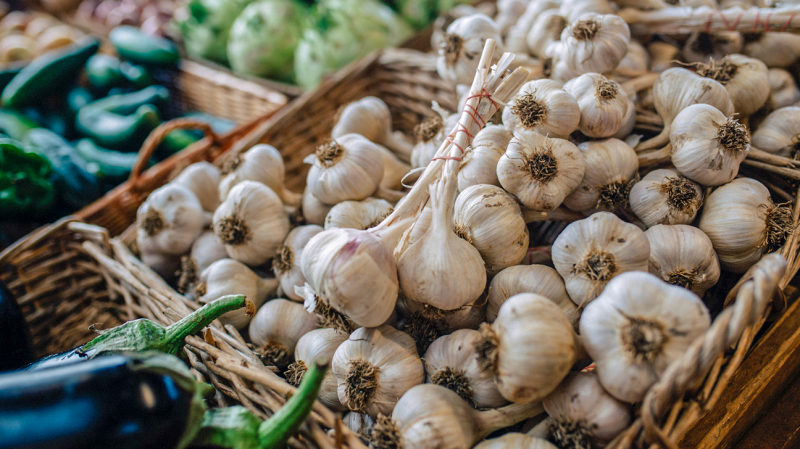
Garlic 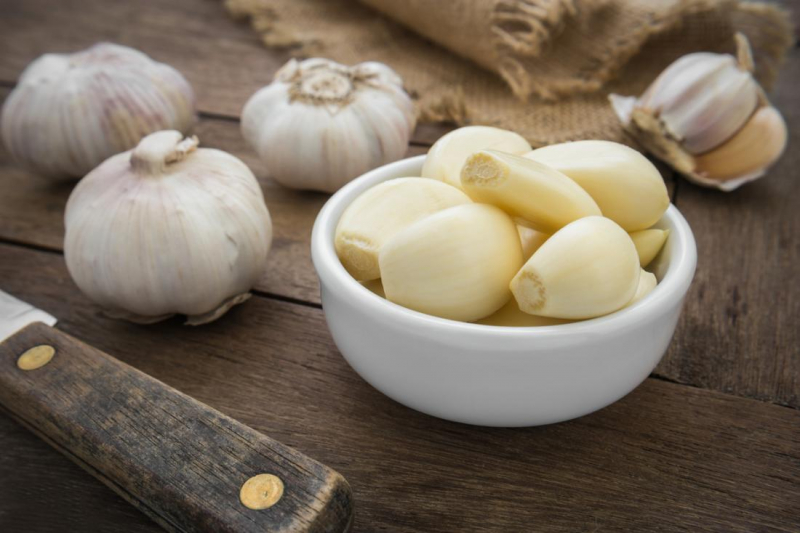
Garlic
















